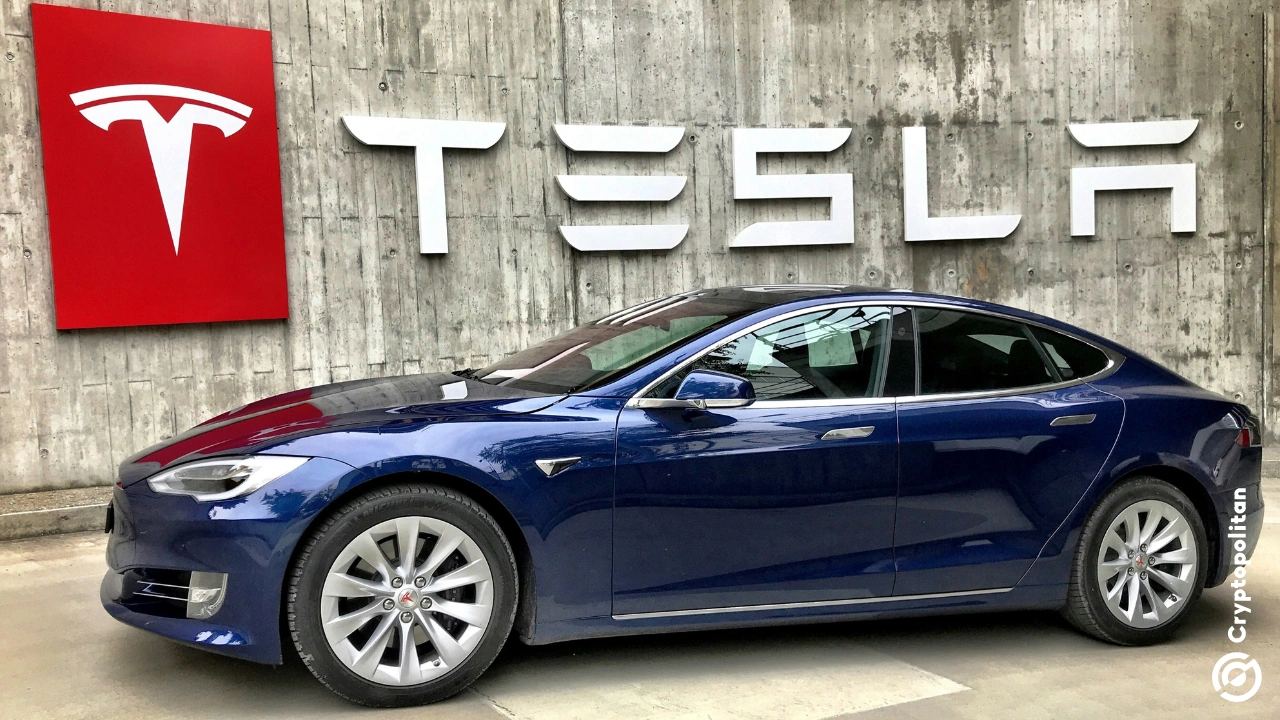Tesla's California Sales Fall 20% in Q2 2025

Tesla's Struggles in California Highlight Broader Challenges
In the second quarter of 2025, Tesla experienced a significant decline in vehicle registrations within its largest U.S. market, California. The drop exceeded 20%, marking the seventh consecutive quarterly decline in the state. Despite this, Tesla’s retro-themed diner in West Hollywood has drawn record crowds, but the automaker’s core business is showing signs of cooling off.
California remains the top electric-vehicle market in the country, yet Tesla’s performance there has been inconsistent. While the broader new car market in the state expanded during the first half of 2025, Tesla’s sales have continued to fall. Dealership representatives warn that the company’s slump is affecting California’s zero-emission segment, where battery-powered vehicles accounted for just 18.2% of new sign-ups in Q2 2025—down from 22% a year earlier.
Some analysts point to buyer discomfort with CEO Elon Musk’s political involvement as a contributing factor. California, a predominantly liberal state, was the birthplace of the Tesla Takedown protest movement, which criticizes Musk’s influence and actions.
Tesla is set to release its Q2 financial results after Wednesday’s trading session. Earlier this month, the company reported a roughly 13.5% decrease in deliveries compared to the previous year, marking its second consecutive quarterly dip globally. Even with an updated Model Y reaching dealerships in recent months, demand has not improved significantly. Tesla hasn’t introduced a new vehicle lineup since the Cybertruck debuted in 2023, and sales of that controversial truck remain low at just 11,000 units year-to-date, according to Cox Automotive.
Federal Tax Credit Expiration Adds to Pressure
A major challenge for Tesla is the upcoming expiration of the $7,500 federal incentive for domestically manufactured electric vehicles in September. To counter this, Tesla has introduced perks such as complimentary supercharging for Model 3 buyers and free Full Self-Driving feature transfers. However, these efforts have not yet translated into noticeable gains in sales.
Another critical revenue source for Tesla is set to disappear: the regulatory credit scheme that allows traditional automakers to purchase emissions offsets from EV producers. This program, which ends on September 30, has generated over $10 billion in revenue for Tesla over the past decade—roughly a third of its total profit. It was also a key contributor to Tesla’s earnings in Q1 2025.
Musk has previously stated that these credits helped keep Tesla afloat and even prevented it from going bankrupt in 2019. However, the recent removal of the EV mandate by President Trump’s “One Big Beautiful Bill” has sparked controversy. The bill cut the credit program and led to a public feud with Musk. Analysts from William Blair have questioned how long this credit-driven growth can last, while Reuters has warned that criticizing Trump alone won’t solve Tesla’s problems.
New Diner Sparks Protests
Despite its struggles, Tesla officially launched its retro-themed diner in West Hollywood on July 21. The location features large outdoor screens for drive-in movies, dozens of Supercharger stations, and an Optimus robot that hands out popcorn. However, the opening has drawn criticism from anti-Musk activists.
The Tesla Takedown campaign plans to hold a protest outside the diner on July 26. Organizers describe the venue as a symbol of Musk’s influence and claim it caters to his “legion of conmen stock-pumpers and MLM influencer tryhards.” One organizer, Joel Lava, told The Verge that the movement remains active, despite a decline in numbers since spring. He expects a large turnout for the protest.
Each week, about two dozen people still gather at Tesla sites in Los Angeles, driven by concerns over falling sales, weak earnings reports, and rumors of Musk’s political ambitions. Lava emphasized that Tesla funds fascism by supporting a billionaire, and he urged people to avoid the new diner.
As Tesla faces mounting challenges, including the loss of key incentives and declining sales, the company must find new ways to regain momentum. Whether through innovation, marketing, or addressing public sentiment, the road ahead remains uncertain.